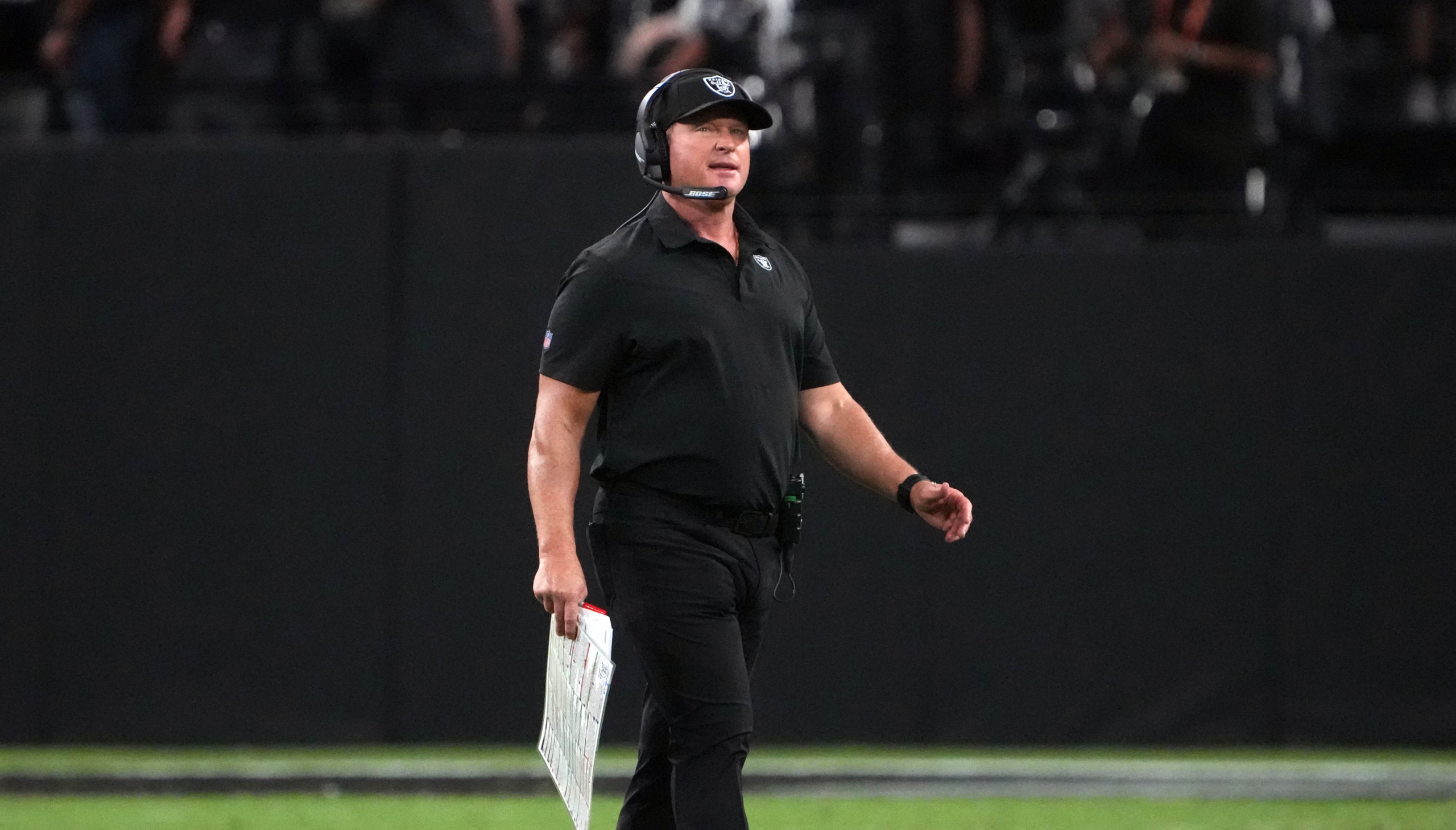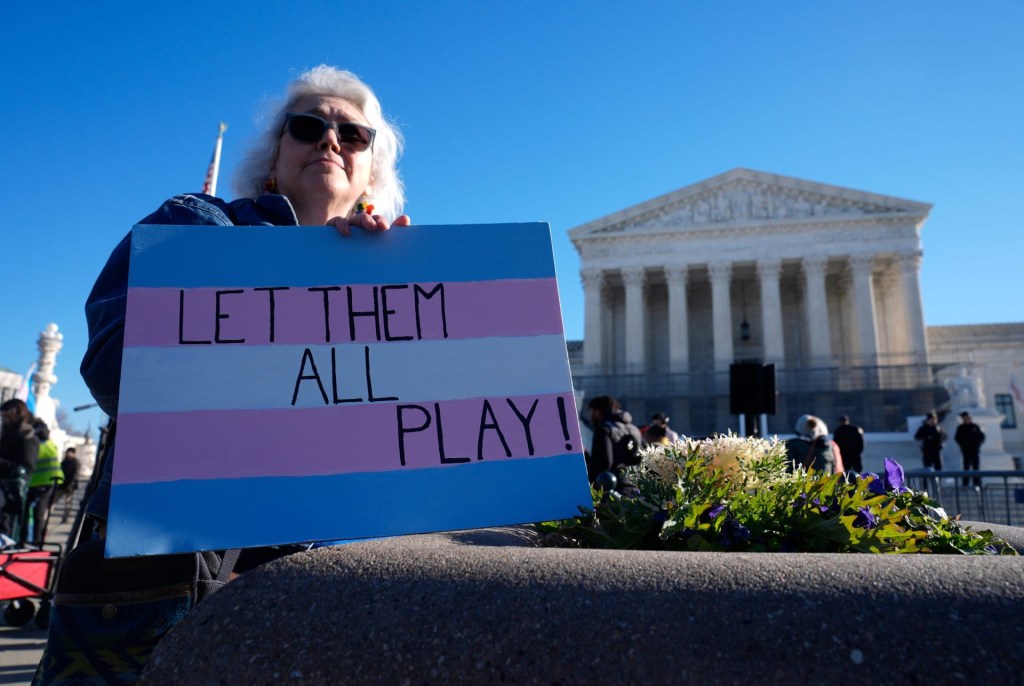The first significant hearing in former Las Vegas Raiders head coach Jon Gruden’s lawsuit against the NFL is slated for Wednesday — and the emails that led to his ouster, and sparked renewed scrutiny on Washington Commanders owner Dan Snyder, are expected to be a focal point.
Clark County District Court Judge Nancy Allf has received hundreds of pages of filings from both Gruden’s lawyers and attorneys representing the NFL since the lawsuit was filed in November.
Allf will hear the two motions from the NFL’s legal team: a motion to dismiss the case outright or to shift the case into arbitration.
“These motions serve as the gatekeeper for how the case proceeds,” said Dan Wallach, a sports legal analyst and co-host of the Conduct Detrimental podcast. “Any hope that Gruden has of securing discovery from the National Football League really depends on keeping the case in a judicial forum. An arbitral forum is governed by secrecy and lack of transparency.
“Gruden has an enhanced chance of getting to the source of these emails much quicker in a judicial setting.”
Gruden alleged in the suit that that the NFL and Commissioner Roger Goodell were behind “a malicious and orchestrated campaign” to leak racist, mysogisitic, and homophobic emails Gruden exchanged with former Commanders executive Bruce Allen between 2010 and 2018.
The exchanges were among the 650,000 emails obtained as part of former assistant U.S. Attorney Beth Wilkinson’s investigation of the Commanders that concluded last July. No emails were made public at the end of the toxic workplace probe that led to a $10 million fine of the Commanders.
“Defendants leaked a carefully curated selection of Gruden’s emails, sent years before the Raiders hired him, to its customary outlets for leaking information to the media: the Wall Street Journal and the New York Times,” Gruden’s attorneys wrote in a March filing. “Defendants then purposefully leveraged these emails to force Gruden to resign, and ultimately caused Gruden to lose his coaching career, endorsements, and sponsorships.”
The league has repeatedly denied that anyone at the league office was the source of the emails.
“To be sure, the NFL and the Commissioner did not leak Gruden’s emails,” the NFL’s legal team wrote in its motion to dismiss filed in January.
In an April filing, the NFL’s lawyers wrote “no curating was needed to expose the contemptible views expressed in each and every one of Gruden’s emails—views that he does not deny were expressed in his emails, or claim were in any way fitting for a head football coach in the NFL.”
Last October, The Wall Street Journal published an exchange between Gruden and Allen from 2011 where Gruden used racially insensitive language to disparage NFLPA executive director DeMaurice Smith. Three days later, The New York Times published a larger and more offensive cache of emails.
Gruden resigned shortly after the Oct. 13 New York Times story and later agreed to an undisclosed settlement for a fraction of the millions that remained on his contract with the Raiders, who are not a defendant in the case.
The fallout didn’t end with Gruden’s resignation, as the House Oversight Committee announced an investigation into the Commanders, citing the leaked emails as a reason for the probe. The investigation has since expanded beyond an investigation into the Commanders’ workplace culture to alleged financial irregularities.





![[Subscription Customers Only] Jul 13, 2025; East Rutherford, New Jersey, USA; Chelsea FC midfielder Cole Palmer (10) celebrates winning the final of the 2025 FIFA Club World Cup at MetLife Stadium](https://frontofficesports.com/wp-content/uploads/2026/02/USATSI_26636703-scaled-e1770932227605.jpg?quality=100&w=1024)











